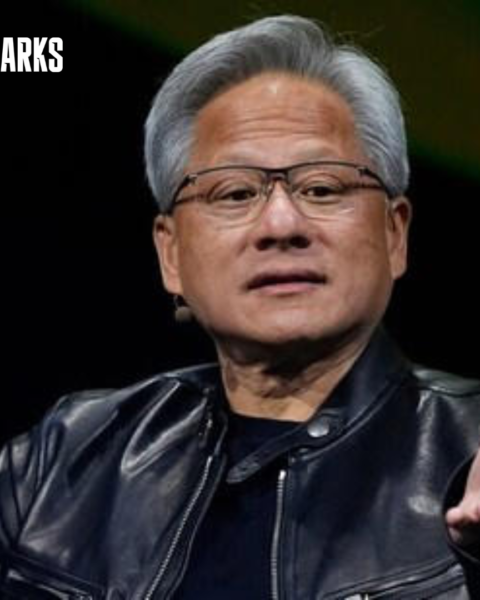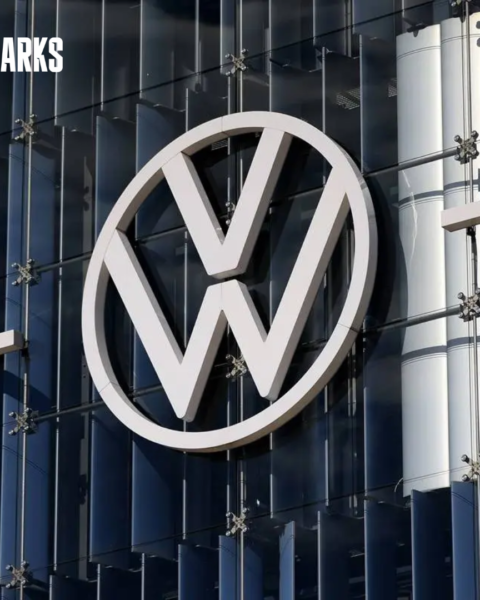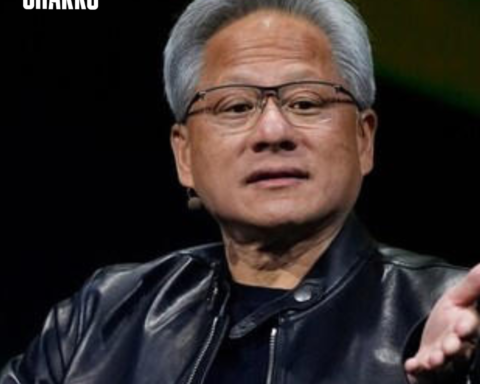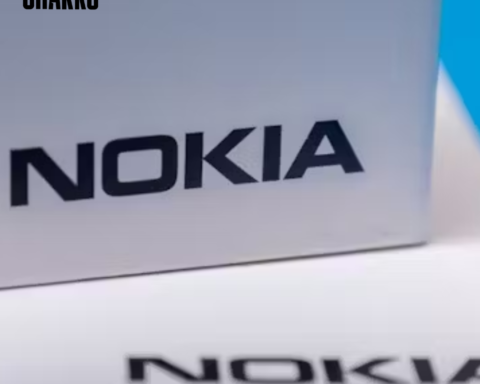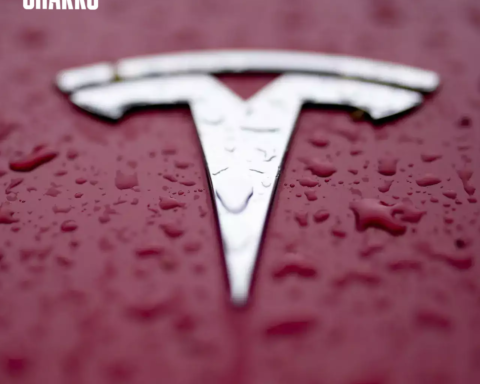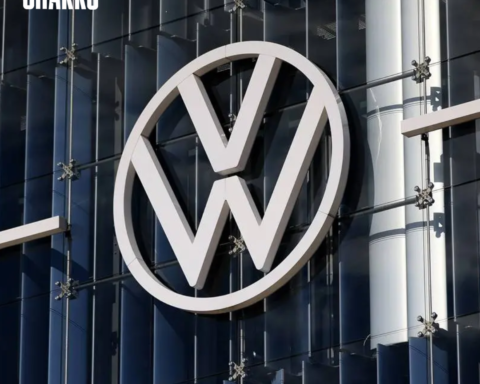Volkswagen Defends Factory Closure Plans Amid Slumping Car Sales
Volkswagen AG is defending its planned manufacturing closures in Germany, noting a dramatic reduction in car sales across Europe.
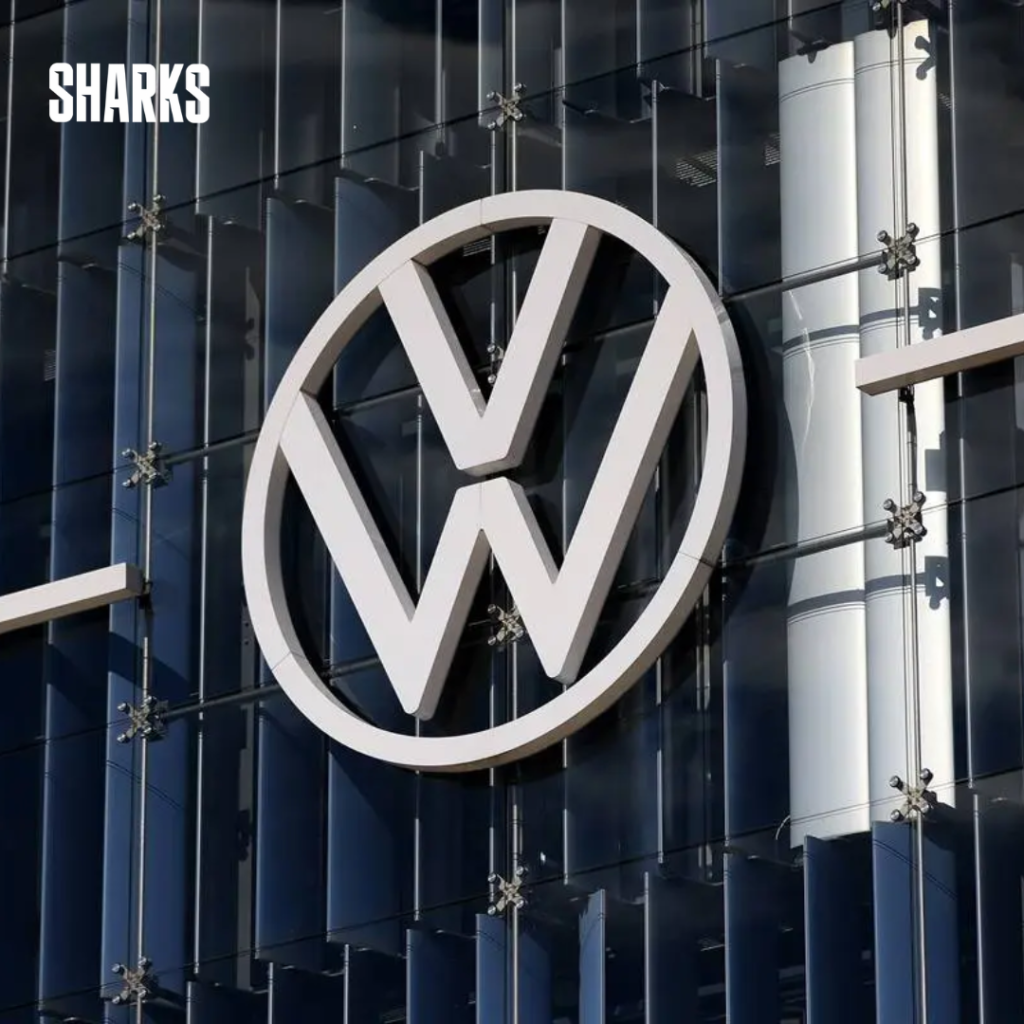
Volkswagen AG is defending its consideration of factory closures in Germany, citing a significant drop in European car sales. Chief Financial Officer Arno Antlitz acknowledged that demand hasn’t rebounded since the pandemic, leaving the company with an overcapacity equivalent to about two plants.
Antlitz told workers at an assembly in Wolfsburg that Volkswagen has lost sales of around 500,000 vehicles, exacerbating the automaker’s productivity challenges.
Unions Clash with Management Over Factory Closures:
Volkswagen’s decision to explore factory closures sets the stage for a confrontation with powerful unions. During the meeting, workers expressed dissatisfaction with management, holding signs and chanting, “We are Volkswagen—you are not”.”
Daniela Cavallo, the company’s top employee representative, and a supervisory board member, vowed to oppose any closures, criticizing management for poor decisions that have led to the company’s challenges, particularly in the U.S. market.
Cavallo argued that labor costs are only a small part of Volkswagen’s financial issues, emphasizing that the real problem lies with the board’s management. “Volkswagen isn’t ailing because of its German sites and German personnel costs,” she said.
Challenges in the EV Transition and Global Competition:
Volkswagen’s struggle is also compounded by its slow transition to electric vehicles (EVs) and increased competition from Tesla and Chinese manufacturers.
The European car market, including VW, Stellantis NV, and Renault SA, suffers from lower demand, with car sales nearly 20% below pre-pandemic levels.
With countries like Germany and Sweden cutting EV incentives, Volkswagen’s capacity far exceeds demand. The company produced 9 million vehicles last year, compared to a capacity of 14 million.
Financial Woes: Squeezed Margins and Rising Costs:
Volkswagen’s core passenger car brand is experiencing shrinking profit margins due to rising logistics, energy, and labor costs. In the year’s first half, the brand’s margin dropped to 2.3% from 3.8% in the same period the year prior.
Despite a €10 billion efficiency program aimed at cost-cutting, the company still needs to realize €3 billion in savings. Antlitz stressed the importance of improving the brand’s competitiveness, saying, “We still have a year, maybe two years, to turn things around.”
Share This
Tony Boyce is a seasoned journalist and editor at Sharks Magazine, where his expertise in business and startups journalism shines through his compelling storytelling and in-depth analysis. With 12 years of experience navigating the intricate world of entrepreneurship and business news, Tony has become a trusted voice for readers seeking insights into the latest trends, strategies, and success stories.

